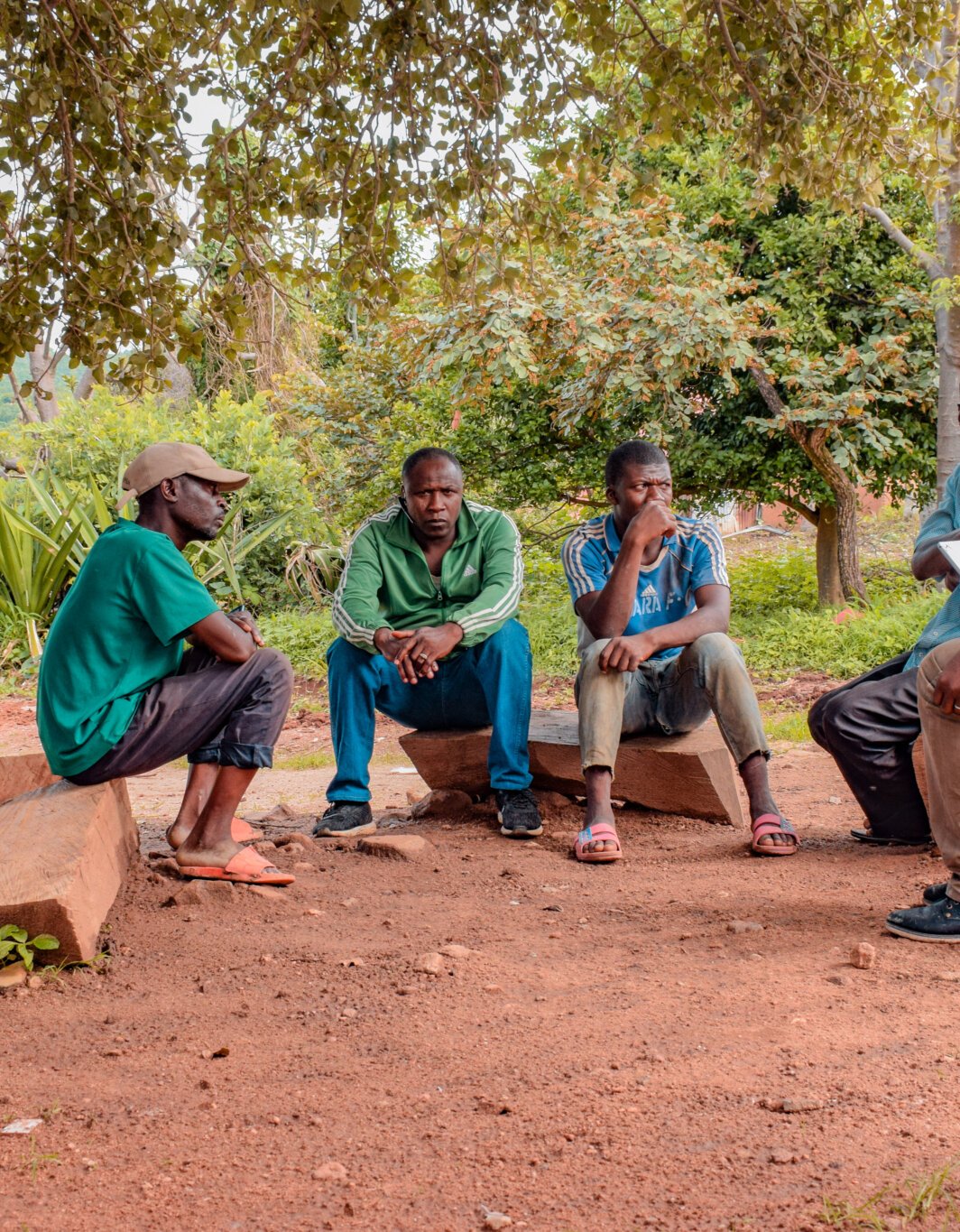Local knowledge plays a crucial role in sustainable development and the empowerment of communities. Communities offer unique perspectives and insights rooted in specific cultural, geographical, and social contexts(Williams & Hardison, 2013). When integrated into the broader global pool of data and evidence, this local wisdom provides a more comprehensive and nuanced understanding, and context-specific analyses(de Miguel González & Sebastián-López, 2022).
International development research stands to benefit from the richness of local perspectives, gaining depth and authenticity that goes beyond generalized or abstract concepts (ibid). Collaborations with local communities and experts offer a wealth of knowledge that can contribute to a deeper understanding of complex issues that may not be available through conventional sources(Williams & Hardison, 2013). It leads to a more comprehensive understanding of the challenges faced and the innovative solutions developed by local communities, fostering mutual learning and exchange, and an inclusive and culturally sensitive approach to addressing global challenges.
The importance of research cannot be overstated, as it serves as a cornerstone in addressing a multitude of socioeconomic challenges (de Miguel González & Sebastián-López, 2022). Through rigorous investigation and thoughtful analysis, researchers contribute valuable knowledge and solutions that are instrumental in navigating complex economic and societal issues. While high-income countries (HICs) have recognized the value of investing in research and have made substantial contributions to international development, resource-poor low-income countries (LICs), lag behind(Acharya & Pathak, 2019).
Research in Afghanistan faces significant challenges as a result of the country’s situation as an underdeveloped, fragile, and conflict-affected nation. Limited infrastructure, inadequate funding, and a lack of research capacity hinder the progress of scientific inquiry. Additionally, ongoing security concerns, political instability, and the displacement of skilled professionals contribute to a challenging environment for sustained research endeavors. These challenges, prevalent in underdeveloped, fragile, and conflict-affected countries, impede the ability to generate and disseminate knowledge, hampering the country’s capacity for addressing pressing societal issues.
In the context of Afghanistan, the absence of major research universities or centers poses a significant challenge to the production of knowledge relevant to the country’s pressing developmental and humanitarian challenges. The capacity for in-depth, locally informed research is constrained, limiting the ability of the community to address critical challenges. As a result, the dissemination of research findings, securing of research funds, and global recognition – key components of research productivity – are hampered. The lack of robust research infrastructure further underscores the need for investment in academic and research institutions to cultivate a culture of knowledge creation and dissemination that is attuned to the specific needs and contexts of Afghan communities(Tahsildar, 2021).
By integrating the principles of leveraging localized knowledge in international development research, communities acquire a transformative framework for embedding local insights into their planning and decision-making processes. As communities actively participate in research, they contribute not only to their immediate well-being but also to a positive developmental future. Embracing and supporting local knowledge paves the way for lasting change, fostering communities that are interconnected, resilient, and capable of addressing the complexities of the modern world. Adroit Associates’ flagship Adroit International Research Fellowship (AIRF) is one such initiative that mentors and supports researchers in capturing local wisdom to address developmental challenges in underdeveloped regions like Afghanistan, Ethiopia, Ukraine, Kazakhstan, Uzbekistan, and Yemen.
Through a strategic integration of local knowledge into the global discourse, communities are empowered to craft policies that resonate culturally, uphold environmental sustainability, and promote social inclusivity(Wang et al., 2023). Beyond immediate advantages, this approach significantly contributes to the enduring welfare of communities by facilitating the transmission of invaluable insights across generations, ensuring the perpetuity and resilience of community wisdom(Williams & Hardison, 2013).
References
Acharya, K. P., & Pathak, S. (2019). Applied Research in Low-Income Countries: Why and How? Frontiers in Research Metrics and Analytics, 4. https://doi.org/10.3389/frma.2019.00003
de Miguel González, R., & Sebastián-López, M. (2022). Education on Sustainable Development Goals: Geographical Perspectives for Gender Equality in Sustainable Cities and Communities. Sustainability, 14(7), 4042. https://doi.org/10.3390/su14074042
Tahsildar, N. (2021). Faculty-perceived research skills and research productivity: A case study at a public University in Afghanistan. Indian Journal of Science and Technology, 14(3), 229 – 238. https://doi.org/10.17485/IJST/v14i3.2065
Wang, B., Ji, T., & He, R. (2023). Empowerment or Disempowerment: The (Dis)empowering Processes and Outcomes of Co-Designing with Rural Craftspeople. Sustainability, 15(5), 4468. https://doi.org/10.3390/su15054468
Williams, T., & Hardison, P. (2013). Culture, law, risk and governance: contexts of traditional knowledge in climate change adaptation. Climatic Change, 120(3), 531 – 544. https://doi.org/10.1007/s10584-013‑0850‑0

